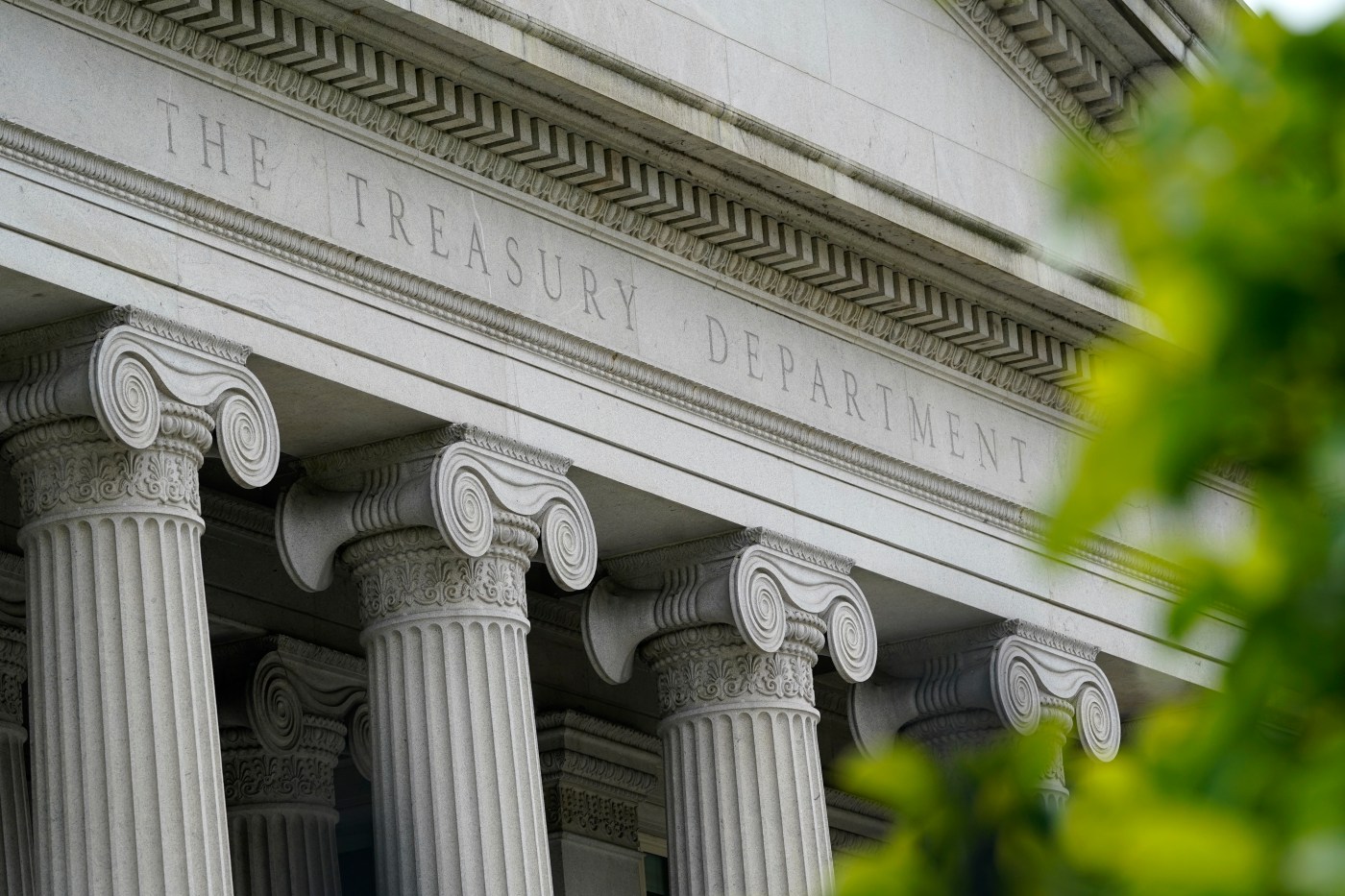
US national debt hits record $34 trillion
WASHINGTON — The federal government’s gross national debt has surpassed $34 trillion, a record high that foreshadows the coming political and economic challenges to improve America’s balance sheet in the coming years.
The U.S. Treasury Department issued a report Tuesday logging U.S. finances, which have become a source of tension in a politically divided Washington that could possibly see parts of the government shutdown without an annual budget in place.
Republican lawmakers and the White House agreed last June to temporarily lift the nation’s debt limit, staving off the risk of what would be a historic default. That agreement lasts until January 2025.
The national debt eclipsed $34 trillion several years sooner than pre-pandemic projections. The Congressional Budget Office’s January 2020 projections had gross federal debt eclipsing $34 trillion in fiscal year 2029.
But the debt grew faster than expected because of a multi-year pandemic starting in 2020 that shut down much of the U.S. economy. The government borrowed heavily under then President Donald Trump and current President Joe Biden to stabilize the economy and support a recovery. But the rebound came with a surge of inflation that pushed up interest rates and made it more expensive for the government to service its debts.
“So far, Washington has been spending money as if we had unlimited resources,” said Sung Won Sohn, an economics professor at Loyola Marymount University. “But the bottom line is there is no free lunch,” he said, “and I think the outlook is pretty grim.”
The gross debt includes money that the government owes itself, so most policymakers rely on the total debt held by the public in assessing the government’s finances. This lower figure — $26.9 trillion — is roughly equal in size to the U.S. gross domestic product.
Last June, the Congressional Budget Office estimated in its 30-year outlook that publicly held debt will be equal to a record 181% of American economic activity by 2053.
Both Democrats and Republicans have called for debt reduction, but they disagree on the appropriate means of doing so.
The Biden administration has been pushing for tax hikes on the wealthy and corporations to reduce budget deficits, in addition to funding its domestic agenda. Biden also increased the budget for the IRS, so that it can collect unpaid taxes and possibly reduce the debt by hundreds of billions of dollars over 10 years.
Republican lawmakers have called for large cuts to non-defense government programs and the repeal of clean energy tax credits and spending passed in the Inflation Reduction Act. But Republicans also want to trim Biden’s IRS funding and cut taxes further, both of which could cause the debt to worsen.


